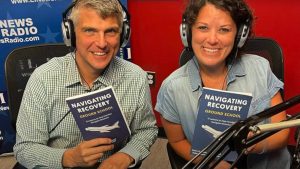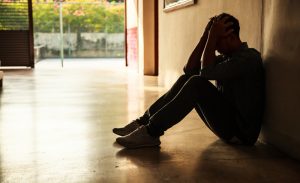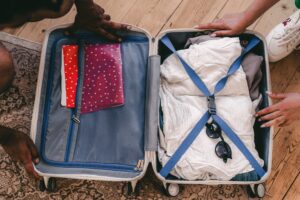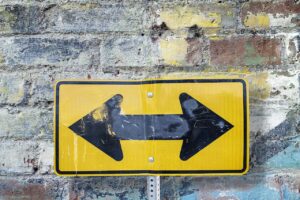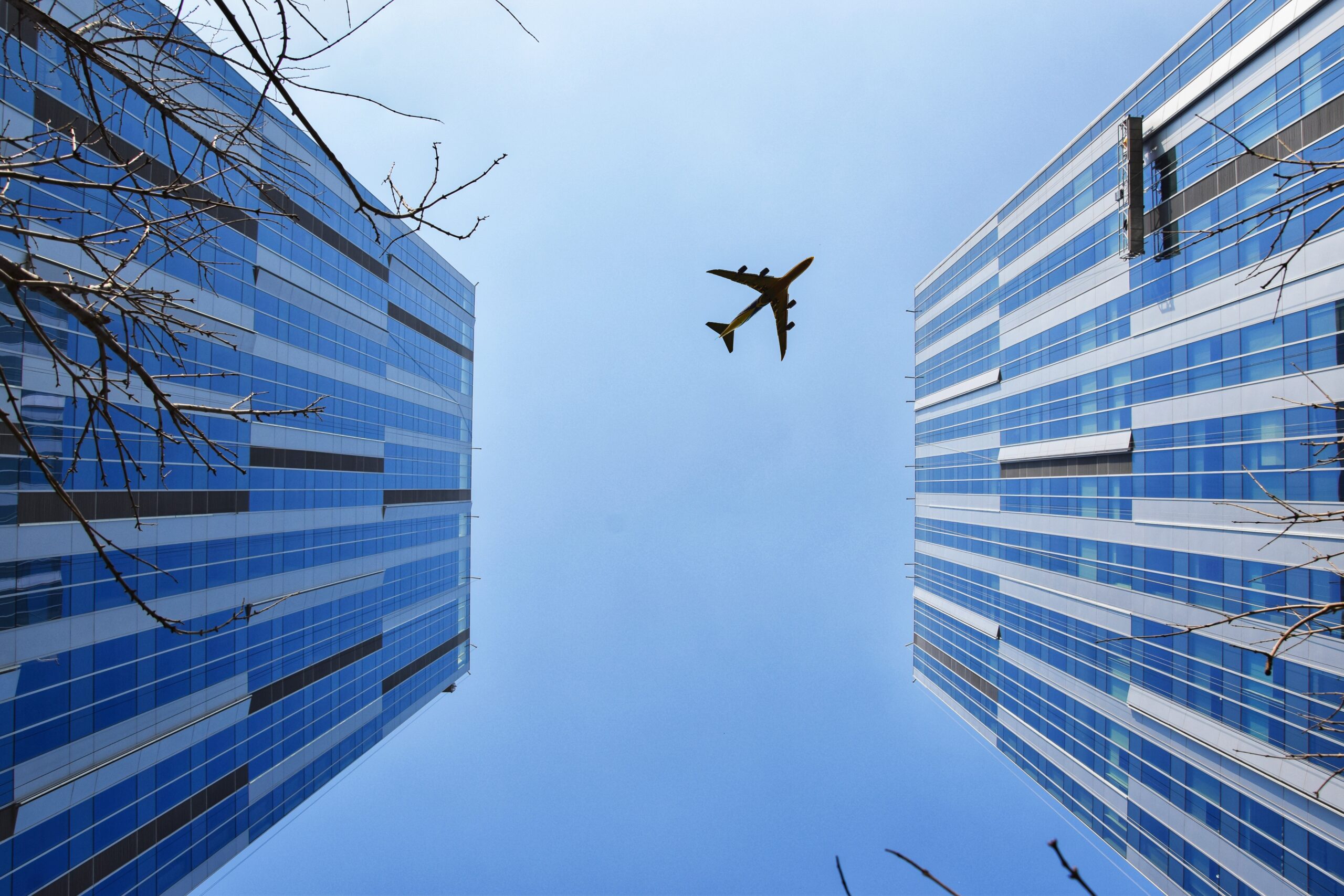
I have chosen to be very public about my recovery with my story on addiction. As I am in the business of helping others recover from addictions, my story always comes up when I work with people. No one enters recovery without a personal story, a story that brought them to their knees, and I am no different.
The Functional Alcoholic
For years I rank with the caveat that I was “high bottom,” often making jokes about being a functional alcoholic. By using the term “functional” I gave my self a free pass at problem drinking. While I was functioning at a successful career, I was actually miserable.
When I hit my personal bottom, I was in a vacation home in the Hamptons. I lived a life of excess. Nice vacations, an apartment in New York City, and a second home. I spent money liberally, always picking up the check and generously inviting others to be a part of my fast, fun life.
I don’t think that the people I spent time with thought I was struggling with addiction. As I look back, I know that I surrounded myself with people who drank and used as heavily as I did. When I compared myself to my friends as the time, my use looked normal. It never occurred to me to compare my use to someone who did not use at all. My friends were barroom friends, we partied and went out together, but there wasn’t much beyond that.
At my core, I was anything but “functional.” My life was reduced to three activities. I woke up early and went to the gym, subconsciously. I let myself believe I didn’t have a problem if I could wake up early. After the gym, I would go to work. I had a pretty easy high-paying sales job that afforded me a closed office door and an expense account to “entertain” clients. Entertaining clients became a way that I could combine work and drinking. That was the third and last thing I would do every day, get drunk.
Losing the Spark
I was busy, I was surrounded by people, and I was lonely. My life became darker and darker. I wasn’t suicidal, but I didn’t care if I lived or died, and I often fell asleep thinking about what would happen if I didn’t wake up. A pervasive darkness prevailed.
I tried a lot of different things to feel better before I stopped drinking. I saw a psychiatrist and was prescribed antidepressants, but I was never fully open with him about my alcohol use. Soon, I was prescribed several antidepressants in an attempt to find the right cocktail for me, and to use one medication to offset the side effects of another. I was also seeing a therapist and talking about my depression, but I didn’t admit the depths of my alcohol use to them, either.
A Change in Perspective
On weekend mornings I would wake up late, or I should say that I came home early, early in the morning. My parties would end at dawn when the first bits of light started appearing and joggers went out for morning runs. I didn’t know how people could possibly be up and active at 6 or 7 in the morning. Sleeping late, I would ignore the whimpers of a dog that needed to go out. I still feel guilty for how I neglected that dogs needs.
My journey into recovery began with seeing that cocaine was my problem. I thought that if I could tease out cocaine, I would be fine. My drinking was heavier with cocaine, it caused me to stay out late, get in bad situations, and the hangovers were horrendous. My problem was just a cocaine problem.
Going to AA
Finally, I went to an AA meeting. This first meeting was the start of a totally new path for me. Of course, I was intimidated by some things. There were unfamiliar words and phrases, the feeling of the meeting itself was new, and I wasn’t used to the open discussion of God. I did notice, though, that people seemed happy; it felt like they knew something that I didn’t know. When people in the meeting said that they had months or years sober, I knew that that was a goal I wanted to accomplish. Finally, I saw that drugs and alcohol were my problem, and I saw that there was a way to solve that problem.
In AA, I counted every day to ninety days of sobriety, a major benchmark in AA. I am goal-oriented, and I set out to get ninety days, come hell or high water. But I relapsed often in my first two years. My home life was still chaotic and I was dating a heavy drinker. I didn’t want to change anything in my life, I just wanted to remove alcohol and keep all of my same friends and activities. My friends at the time drank and used just like I did. It was a fallacy that I could continue to go out and not use. I relapsed often and these two years were very difficult.
Choosing Recovery
To finally break free from several years of relapse, I came to realize that I would have to change everything in my life. I would have to prioritize getting sober, so that I could stay sober. On Christmas Eve, in 2008, I rented my own apartment, that night I told my partner that I was leaving and the next morning, on Christmas day I moved out. I had to say good by to a dog that I loved greatly, I would have to leave the dog to break free. During this time, I doubled my 12-step meetings, and started hanging out with the people I met at the meetings, and not going to the drink and drug fueled dinners that I was used to attending.
This ended up being one of the best times of my life, free of drugs and alcohol and free of my past. I could wake up early in the morning, and I was able to join the runners on a task that I could not comprehend when I was using, that of being alive and awake at 6 AM. I was able to run 4 marathons, a dream that I could never even see would be possible. During this time I had sober relationships, the friends that I made are still with me to this day.
Reflecting on Life
Now that I’m in my forties, I’ve spent some time looking back at my life to better understand why I drank so much, and I why I even started drinking in the first place. It’s important to understand that most people start drinking heavily because it works for them, because it helps to ease pain.
I thought I had a perfect childhood, and I really did. Expect for one very large and painful element. I grew up in a small, very conservative town, pre-Internet. At twelve, thirteen, fourteen I knew I was different. I didn’t have the language for it, I could barely understand it, but I was gay. I didn’t know where to turn.
Recognizing Trauma
Through my teens, I woke up almost every morning in tears. I knew I was gay, but there were no other gay people in my hometown that could have been role models, and there were no gay people on TV. I had no idea what it meant to be gay, and I tried to lie to myself that I wasn’t.
Like a knight putting on armor, I learned to project the story and image that I thought would protect me. I was popular and athletic in high school, even a prom king. But everything I did, everything I said, was carefully thought out. When I was with a group of guys and the talk turned to girls, I would go along with it but I knew I was lying.
Growing up in the closet is very traumatic. When we can’t go to adults for help, when we spend all of our energy on creating a false persona, our minds are exhausted. I started drinking at fourteen, and alcohol worked for me immediately. It was the medication I needed, and my anxiety was relieved instantly. I needed to drink in high school and college. It was actually lifesaving for me. In retrospect, I believe that if I hadn’t been drunk, I may have had thoughts of self-harming.
Alcohol often “works” for people when they start drinking, meaning that it can be an effective way to cope. Often it’s used to cope with trauma. My trauma was that of living in the closet, but trauma comes in many forms for young people.
Focusing on Work Instead of The Problem
At this time in my life, I was wholly dedicated to becoming a pilot. As is often seen with young people struggling with their sexuality, I became very focused on education and career. I had to channel my energy into something! The challenge of becoming a pilot gave me something to focus on. There was always another test, always another license. The week I graduated from college I was hired by a major airline.
I hate to admit that my addiction continued when I was a commercial pilot, but it did. I was able to keep my drinking in check because the FAA requires 8 hours between drinking and flying. As a pilot, I also had many days off in a row, and on those days drinking was very much a focus.
My Entire World Halted
On September 11th, 2001, I was flying near New York City. It was a traumatic day for everyone and it set a new course for my life. After 9/11, pilots were flying less and my airline moved me to NYC. Hitting the city from a small town in Wisconsin was an entirely new world. I got involved in the nightlife scene very quickly, and soon I was trying other drugs. I had a lot of time off of work and my partying quickly escalated. Before long, I decided to leave the airline and start a new career. I had a few fun years, but I quickly descended into a life that made me very miserable. My second career was very successful, but it is not until I went to that first AA meeting that I was able to find happiness and recovery.
In recovery I have been able to do some amazing things. I adopted two children from Colombia, graduated from a top business school, and I started and sold a successful company, trained for and ran 4 marathons. Getting sober has been, without a doubt, that one best accomplishments of my life.
About Adam Banks
Adam Banks is a certified interventionist and the owner of Adam Banks Recovery. After receiving an MBA from the University of Chicago, Adam built a company acquired by United Health Care. His discipline and attention to detail comes from his former career as an airline pilot, holding an ATP, the FAA’s highest license.
Today, Adam is dedicated to helping others achieve long-term sobriety. His work has guided executives, pilots, and physicians on paths to recovery. Adam brings families together through a loving and inclusive approach.
Adam has authored four books on addiction. His recent work, Navigating Recovery Ground School: 12 Lessons to Help Families Navigate Recovery, educates families on the entire intervention process. He also offers a free video course for families considering an intervention for a loved one.
Adam is available for alcohol and drug intervention services in New York, Long Island, the Hamptons as well as nationally and internationally.

